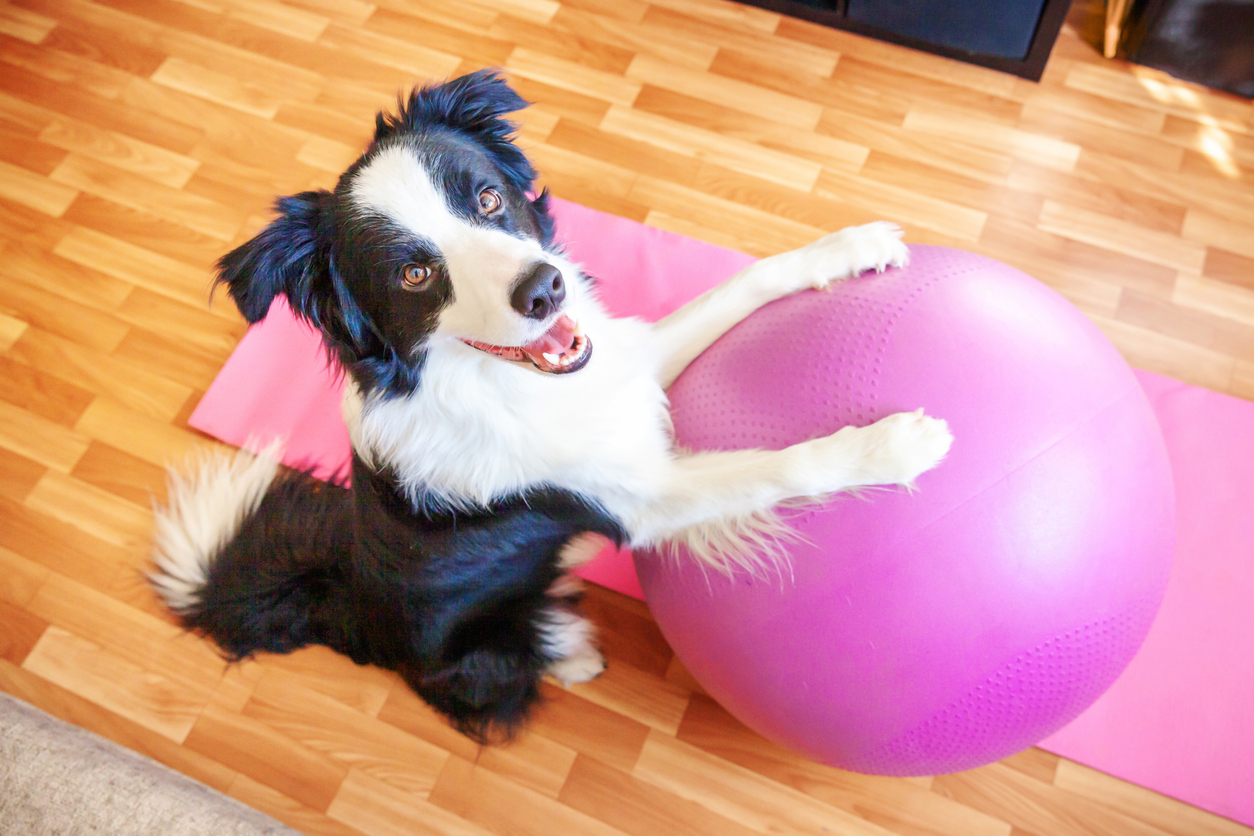Laurie's Blogs.
May 2023
Considerations for Using a Canine Fitness Trainer for Your Dog

Introduction:
Canine fitness trainers play a valuable role in enhancing the health and well-being of our furry friends. However, it is important to approach their services with caution and consider certain factors before enlisting their help. While many trainers are knowledgeable and experienced, there are potential risks and limitations to be aware of when using a canine fitness trainer for your dog. In this article, we will explore some important cautions to consider before working with a canine fitness trainer.
1. Lack of Professional Training and Background:
It is crucial to recognize that not all canine fitness trainers possess formal professional training or a comprehensive background in relevant fields such as veterinary medicine, physiotherapy, or animal behavior. While they may have practical experience, it is essential to understand their limitations in diagnosing and treating health conditions or injuries. Why does the dog have atrophy of the hamstrings, why is the topline rounded, why is one leg less muscled than the other? If your dog has pre-existing health issues, requires specialized care, or has not been seen by a veterinarians or other healthcare provider, it is advisable to consult professionals who are qualified to comment on your dog’s health before engaging in an fitness program.
2. Inadequate Assessment of Individual Needs:
Each dog is unique, with varying physical capabilities, health conditions, and exercise requirements. Some canine fitness trainers may offer one-size-fits-all programs or fail to conduct a thorough assessment of your dog's individual needs. A cookie-cutter approach can be ineffective and potentially harmful, as it may result in overexertion, injuries, or neglect of specific health concerns. It is crucial to work with a trainer who takes the time to understand your dog's breed, age, physical condition, and any pre-existing medical conditions.
3. Inadequate Adaptation to Canine Behaviour:
Canine fitness trainers primarily focus on physical fitness, but dogs are more than just bodies in need of exercise. They are intelligent, sentient beings with behavioural and emotional needs. Some trainers may overlook the importance of addressing a dog's mental stimulation and emotional well-being during exercise sessions. Neglecting these aspects can lead to behavioural problems or stress-related issues in your dog. Look for a trainer who incorporates mental stimulation, positive reinforcement, and appropriate breaks during sessions to promote a well-rounded fitness approach.
4. Limited Regulation and Quality Control:
The canine fitness training industry lacks consistent regulation and quality control measures. Unlike other professions such as veterinary medicine or physiotherapy, there are no standardized requirements or certifications that guarantee a trainer's competence. Consequently, the quality of services provided by trainers can vary significantly. It is crucial to thoroughly research potential trainers, seek recommendations, and inquire about their qualifications, certifications, and experience before entrusting your dog's well-being to them.
Conclusion:
While canine fitness trainers can offer valuable guidance and assistance in improving your dog's physical fitness, it is essential to exercise caution and be aware of potential risks. Consider the limitations of trainers without professional training or backgrounds in relevant fields and their potential lack of assessment of individual needs. Additionally, recognize the importance of addressing behavioural and mental well-being alongside physical fitness. Lastly, due to the lack of regulation and quality control, conduct thorough research before selecting a trainer. By approaching the use of canine fitness trainers with caution and careful consideration, you can better ensure the safety and overall well-being of your beloved four-legged companion.


